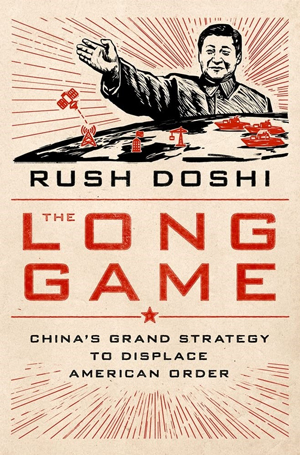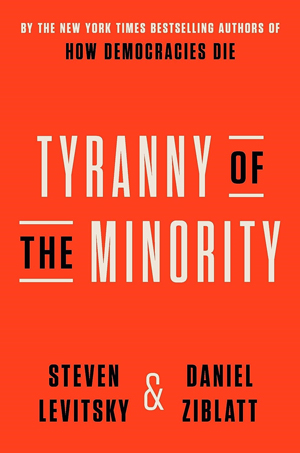
Rush Doshi, The Long Game: China’s Grand Strategy to Displace American Order, New York: Oxford University Press, 2021, 419 pp.
Perhaps the leading question in contemporary geopolitics is, What defines China’s grand strategy for the next few decades? Accruing influence among existing international institutions, or establish an alternative architecture? Dominate the Asia-Pacific tableau? Go even further? Steal the United States’ spot as dominant world power? If so, how would they do it?
Rush Doshi, research fellow with Brookings, came out with this book and went to take the China grief on the National Security Council under the Biden administration. He makes an ambitious, maximalist argument in which China’s long-term goals include breaking the USA’s system of alliances, establish a global network of military bases, monopolize cutting-edge technologies, dominate trade with most countries, and promote authoritarian elites across the world. As evidence, Doshi quotes amply from Chinese leaders and opinion-makers, and then infers their meaning as he analyses China’s material and increasingly assertive moves.
During the previous century, Nazi Germany, imperial Japan, and the Soviet Union never attained 60% of American GDP, which makes present-day competition from China a singular beast, ramping up since the American election of 2016. Having established the context and described Chinese ambition, Doshi considers adaptation strategies, such as subversion of the Chinese regime, unrealistic. He goes on to suggest other methods the US can use to dilute China's influence through more active multilateral diplomacy and the rebuilding of the international order, revitalizing its alliances and incentivizing internal growth.



